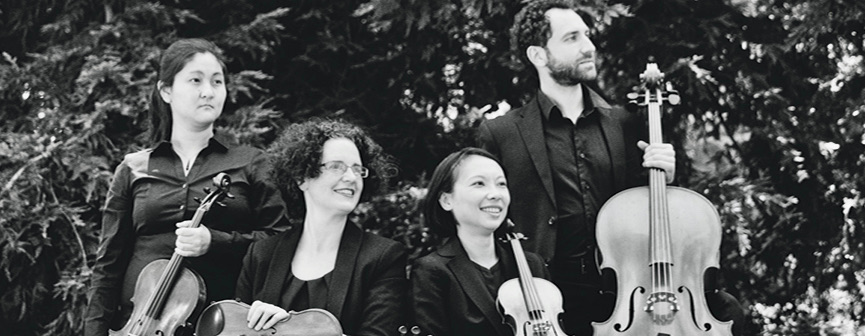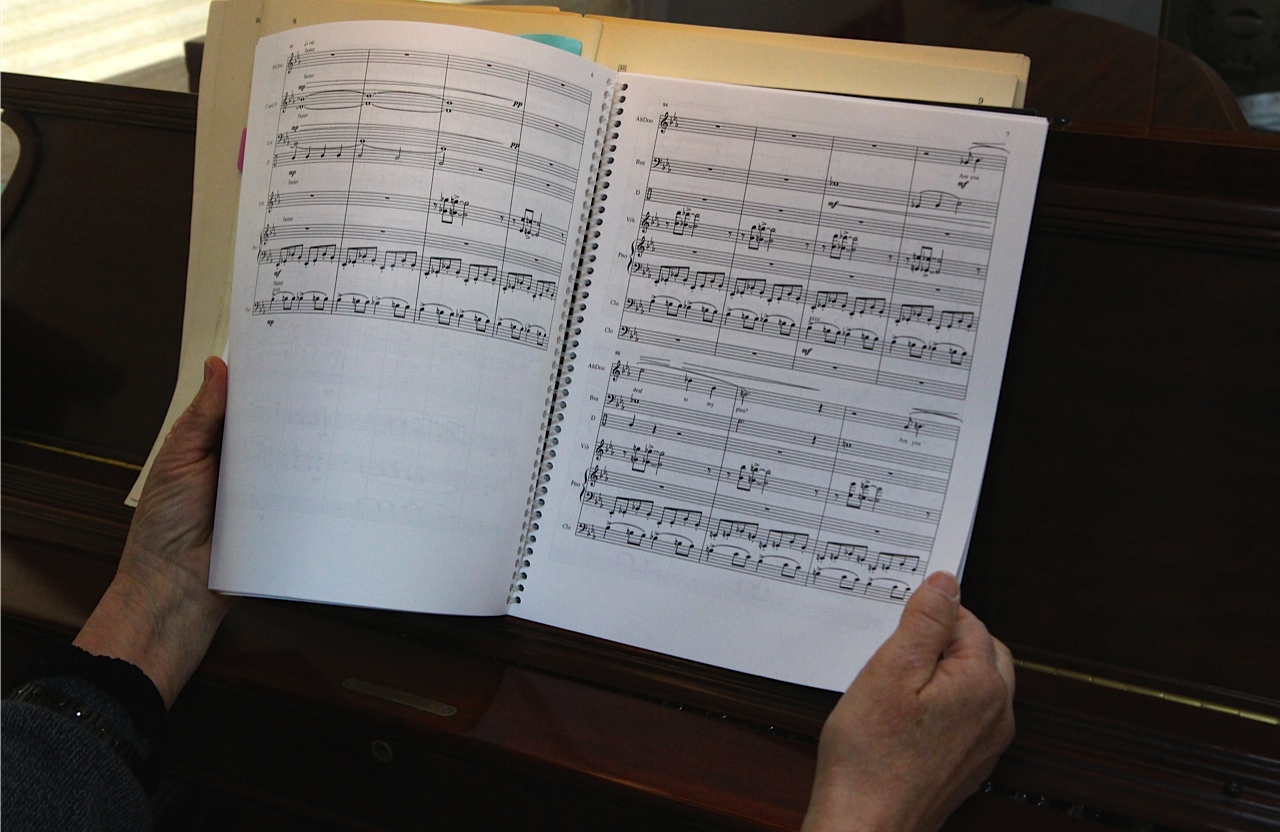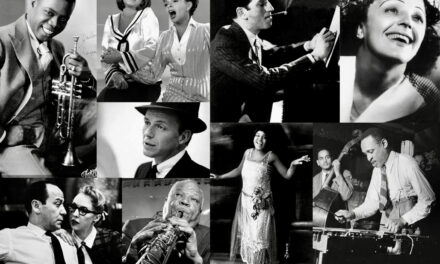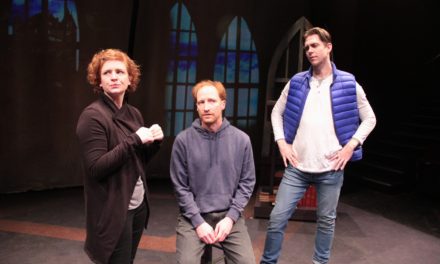By Daniel Buckwalter
It is sometimes hard to believe that it’s been not quite two years. It seems longer ago than that.
Yet here we are, and as we approach the end of Year Two of this confounding pandemic and trudge further on the road of uncertain destiny, Anthea Kreston, first violinist for Delgani String Quartet, posed this question Tuesday night:
“Does life influence death, or does death influence life?”
She was speaking to the audience at the concert venue in Eugene — First Church of Christ, Scientist — after intermission and before Delgani’s signature playing of Ludwig van Beethoven’s String Quartet in A Minor, composed in 1825, shortly after the composer’s bout with serious illness.
Kreston also — and correctly, I think — put that reflective question in the context of our COVID-driven past two years, and it gives Beethoven’s five-movement piece added, relatable depth.
You can hear in the piece the anger and apprehension of someone with serious illness, where all surrounding life stops and a person’s singular vision is on their health. There also is the second movement, a much calmer interlude that Kreston described as “a day well spent.”
Days well spent have had different meanings for all of us these past two chaotic years, and Beethoven’s quartet offers an opportunity to reflect on that.
The piece also was a wonderful bookend to Delgani’s opening number, The Wind in High Places, a roughly 15-minute piece by John Luther Adams, at the time an Alaska-based composer.
Adams composed the piece in 2007 as a tribute to his dear Alaskan friend Gordon Wright, who died that year. Wright was a composer, music director of the Fairbanks Symphony Orchestra, founder of Arctic Chamber Orchestra and an avid hiker.
It was the outdoor threads of Wright’s life that inspired Adams with this sparse, three-movement, mostly staccato piece.
Its range is so narrow that I’m not sure any member of Delgani played more than a handful of different notes, and it brings to mind the wind, the mountains and running water.
The third movement — “Looking toward hope” — ends with grace and elegance in the hands of Delgani’s violinists, Kreston and Jannie Wei. It’s a moving hymn.
Sandwiched between Adams and Beethoven — and with leading roles for violist Kimberlee Uwate and cellist Eric Alterman as well as Kreston and Wei — was Benjamin Britten’s at times lively and vibrant String Quartet No. 1, composed in 1941.
Delgani’s latest concert offering is both sweet and sorrowful, a fitting tribute to these uncertain times, and they can still be heard.
If you we unable to attend Delgani’s Jan. 30 or Feb. 3 concerts, you can view them streamed on the quartet’s website at Delgani.org.












